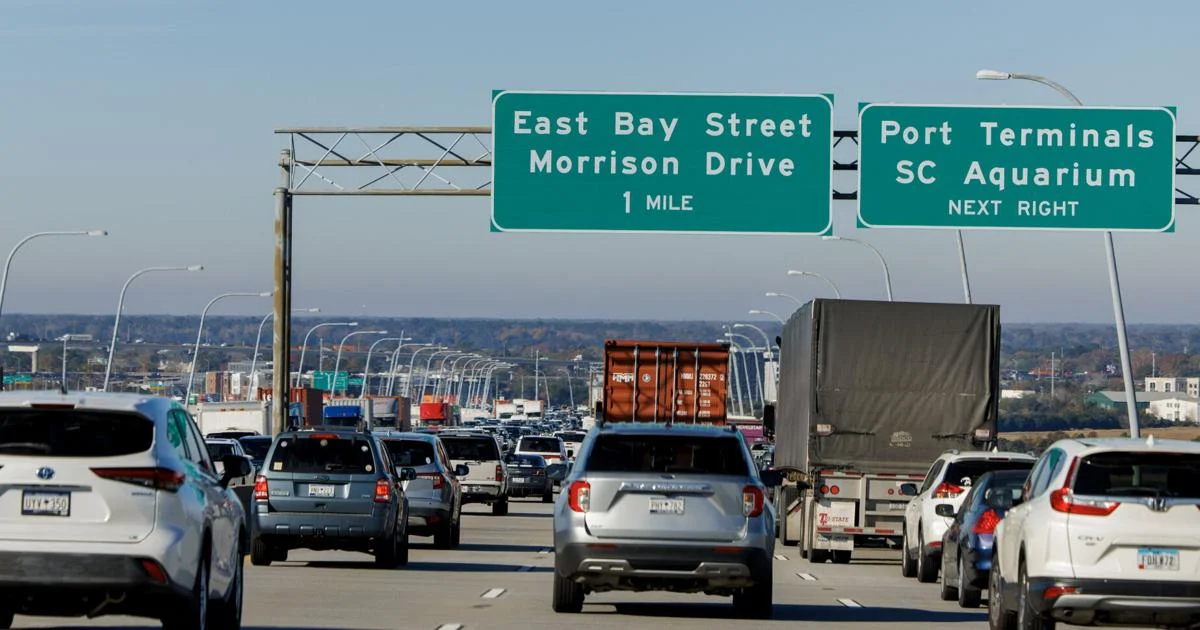By 2025, budgeting shouldn’t still feel mystical.
Does managing your money feel like a constant challenge? You’re not alone.
A 2024 Pew Research Center study found that 54% of Black adults face at least one economic concern (such as paying rent or affording food) on a daily or near-daily basis. What’s more, 64% say their overall financial situation is only fair or poor.
These numbers reflect what many Black millennials already know: staying financially afloat in today’s economy is far from easy.
The good news is that with the right budgeting approach, you can take charge of your money, ease financial stress, and cultivate healthier spending habits.
5 Effective Budgeting Methods to Consider in 2025
Let’s explore five budgeting strategies that can help you move closer to your financial goals.
1. The 50-30-20 Rule
The 50/30/20 rule is one of the simplest ways to start budgeting. It divides your income into three categories:
- 50% for needs (like rent, groceries, and transportation)
- 30% for wants (like dining out, entertainment, or streaming services)
- 20% for savings or debt repayment
It offers a simple structure that supports both daily spending and long-term planning, while still leaving room to enjoy your money.
2. Envelope Budgeting (aka Cash Stuffing)
Envelope budgeting helps you stay accountable and encourages more intentional spending.
With this system, you put specific cash amounts in labeled envelopes for different spending categories, such as food or gas. When an envelope is empty, you stop spending in that category until the next month.
If using cash isn’t convenient, apps like Goodbudget and RealBudget offer digital alternatives.
3. Loud Budgeting
Coined in a December 2023 TikTok video by Lucas Battle, loud budgeting promotes being vocal and honest about your financial limits. For instance, that might mean letting friends or family know you’re skipping a night out because it’s not in your budget.
This approach helps you stay focused on your financial goals and protect your finances without guilt. It’s especially useful for Black millennials who often face added pressure from financial obligations like the “Black tax.”
4. Zero-Based Budgeting

They’re not mystery charges; you just weren’t tracking. Budgeting fixes that.
In zero-based budgeting, you assign every dollar of your income to a specific purpose, like bills or savings. By the end, your income minus expenses should equal zero, meaning nothing is left unaccounted for.
Though it requires more planning and detail, this method gives you complete control over your finances.
5. Pay Yourself First (aka Reverse Budgeting)
This approach focuses on making saving your first priority. As soon as you get paid, you move a set amount into savings or investments before spending on anything else. You can then create your budget using what remains.
Pay Yourself First works well if you’re aiming to create long-term wealth or prepare for major goals like buying a home or planning for retirement.











